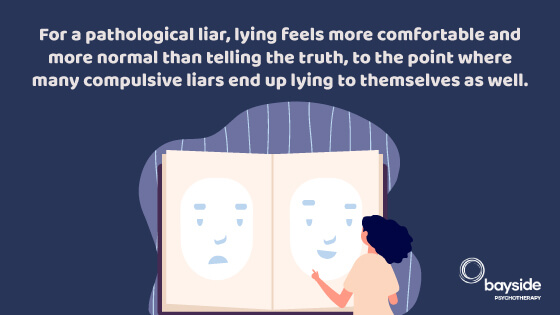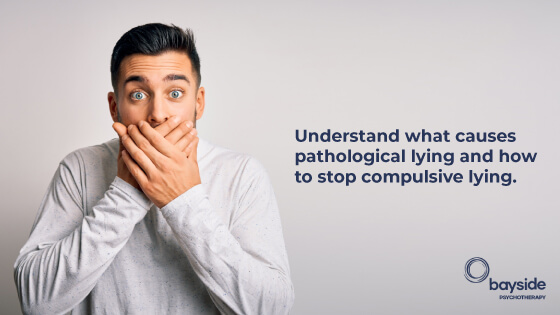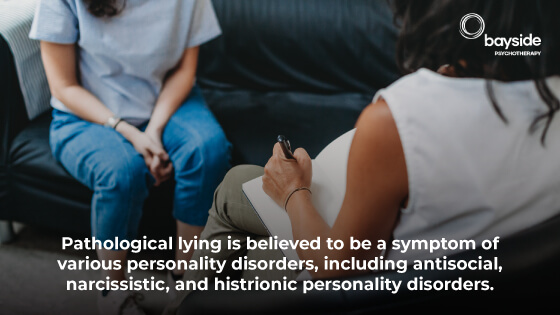During your initial session, you'll have the opportunity to share your experiences confidentially, pose questions, and assess whether our practitioner aligns with your needs. This meeting is crucial for laying the groundwork for your therapy, offering us valuable insights into your specific circumstances, and establishing your goals for treatment and whether there is a fit.
If both yourself and the therapist working with you choose to continue, we will collaborate with you to design a personalised treatment strategy. Our approach might include short-term interventions like hypnotherapy to address and modify ingrained patterns of thought and behaviour. However, recognising the uniqueness of each individual's journey, we might also suggest therapies such as psychotherapy, mindfulness therapy, cognitive-behavioural therapy (CBT), or neuro-linguistic programming (NLP), depending on which therapist you work with and what suits your specific requirements best.
Our goal transcends beyond merely treating the symptoms of compulsive lying; we are committed to assisting you in uncovering the root causes of your compulsive liar disorder. By doing so, we aim to empower you to lead a life that is not just free from compulsive lying but is also more rewarding, fulfilling, and authentic.
Understanding the Roots of Compulsive Lying
Compulsive lying often originates in childhood, serving as a defence mechanism against feelings of inadequacy, shame or anxiety. Growing up in environments where expressing certain emotions or thoughts was discouraged can foster a habit of dishonesty. At times, the origins of compulsive lying may be complex and not immediately apparent.
For many, compulsive lying becomes a means to sidestep conflicts, yet ironically, it invites new problems. Some individuals, deep down, feel their authentic selves aren't worthy, leading them to seek approval through falsehoods. Others may use lying as a way to create emotional distance from people they perceive as overbearing or controlling.
Regardless of the initial cause, lying can transform into a compulsive behaviour, feeling more natural than truth-telling. This cycle can become so entrenched that individuals start deceiving themselves, making compulsive lying a pervasive aspect of their lives.
Without the intervention of therapy focused on compulsive lying disorder, this pattern can persist indefinitely, hampering one’s ability to form genuine and trusting relationships.
Transforming the cycle of compulsive lying into a narrative of growth and authenticity requires courage, self-reflection, and professional guidance. If you're ready to address compulsive lying and rediscover your truth, consider reaching out for professional support tailored to your journey.















